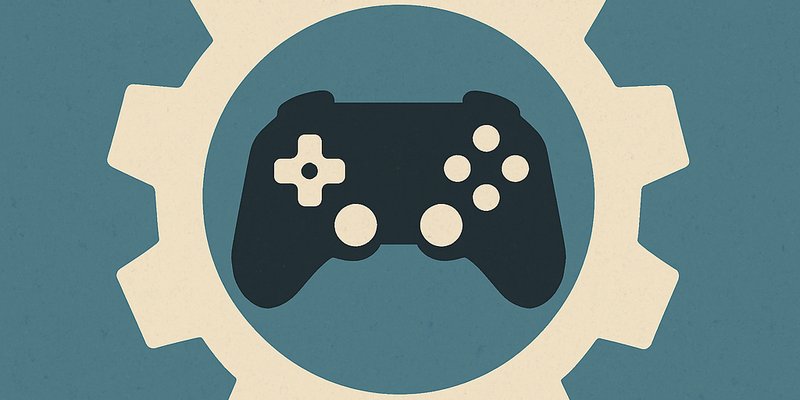The Modding Revolution: When Player Creativity Reshapes Iconic Games
Let's be real: waiting for your favorite studio to drop a sequel or even a decent patch can feel like you're aging in real-time. The roadmap is looking dusty, the devs have moved on, and the game you once loved is on the fast track to its flop era. But while the suits are busy planning their next microtransaction, the actual fans are in the trenches, doing the lord's work. Welcome to the modding revolution, where player creativity said “fine, I'll do it myself” and actually, like, did it.
This isn't just about adding silly skins or cheat codes. We're talking about a full-blown creative movement where dedicated communities are essentially becoming rogue, unpaid development teams. They're extending the lifespan of iconic games, deepening their mechanics, and telling stories the original creators never got around to. It’s a testament to the fact that when a game is truly special, the community will refuse to let it die.
When the Community Takes the Wheel
At its core, modding is the ultimate form of consumer empowerment. It’s players looking at a game and saying, “I love this, but what if it were more?” This impulse has kept games like Skyrim and Minecraft culturally relevant for over a decade. The base games are great, sure, but the endless stream of community-created content is what gives them infinite replayability. Modding transforms a single purchase into a lifelong hobby, keeping player bases thriving long after the initial hype has faded. Not the modders doing a better job at post-launch support than the actual developers. 💀 If you want to see this in action, look no further than the beautifully bleak world of . The base game is already a masterclass in survival horror, where a single mistake means losing hours of progress. You'd think that would be enough, right? Wrong. The modding community looked at this unforgiving experience and collectively said, “Hold my beer.” Realism mods for Project Zomboid are on another level. They introduce absurdly granular systems that make the vanilla experience look like a walk in the park.
Case Study #1: Project Zomboid and the Quest for Peak Misery
- Mods like Hydrocraft add thousands of new items and complex crafting recipes, forcing you to think like a real-world survivor.
- Other mods overhaul the loot distribution to be painfully scarce, making the discovery of a single can of beans feel like winning the lottery.
- There are even mods that add expanded medical systems, more realistic weather, and character traits that make survival even more precarious.
This isn't just about making the game harder for the sake of it. It’s about chasing a deeper level of immersion. It proves that a significant slice of the player base is craving complex, challenging, and deeply detailed experiences. They aren’t asking for an easier time; they’re asking for a more meaningful one.
Case Study #2: The GTA Prequel That Lives in Our Dreams
Then you have the narrative mods-the absolute peak of community ambition. While a single, famous “unofficial GTA San Andreas prequel” isn't a thing you can just go download, the concept is everywhere in the modding scene. Fans look at the rich lore of a game like San Andreas and see all the untold stories, the character backstories, and the plot holes that the developers left behind. And instead of just complaining on a forum, they fire up the engine and start building.
Creating a full-blown narrative expansion is a monumental task. It requires scriptwriting, level design, custom assets, and sometimes even fan-made voice acting. It’s the ultimate expression of love for a game world. Think of total conversion mods like Black Mesa for Half-Life-a fan-made project so good it eventually got a commercial release. This is the kind of energy we’re talking about. It’s players taking the narrative reins to enrich the universe they love, pushing its boundaries in ways the original studio never could, or would.
So Why Does This Even Matter?
Because the modding revolution is more than just a hobby; it's a fundamental shift in the relationship between players and developers. It proves that the community isn't just a passive audience; it's a wellspring of creativity and innovation. Mods can fix long-standing bugs, add quality-of-life features everyone wants, and deliver niche experiences that would never be approved in a corporate boardroom.
And let’s be real, it’s good for business. A thriving mod scene can convince someone to buy a ten-year-old game, drawn in by the promise of endless new content. Some developers get this and actively support their modding communities with official tools. Others, not so much. 🙃 Ultimately, modding is a beautiful, chaotic, and powerful force in the gaming world. It's a reminder that even when a developer clocks out for the day, the community is still hard at work, keeping the games we love alive and thriving. They’re not just playing the game; they're building its future.

